Buyers' Guide
- Buy Motorhome to Rent (1)
- Buyers' Guide (48)
- Bürstner Motorhomes (8)
- Carado Motorhomes (3)
- Choosing a Motorhome (29)
- Choosing a Motorhome Dealer (6)
- Maintaining Motorhomes (7)
- Motorhome Industry (52)
- Motorhome Reviews (39)
- Motorhome Tips (27)
- Motorhome Travel (7)
- Motorhomes Costs (7)
- Owners' Stories (25)
- Technical Guides (34)
- Wilderness Motorhomes (37)
- Resources
- Blog

The New Zealand government has made a commitment to playing our part in reducing the impact of climate change by significantly reducing CO2 emissions. One of their initiatives is to reduce vehicle emissions by incentivising the importation of low emission vehicles.
The New Zealand government has made a commitment to playing our part in …
With such a huge array of campervans and motorhomes on the market, it’s hard to know where to start when you’re new to the game. Don’t be put off by unfamiliar terminology. After all, it’s not rocket science!
We will walk you through the main types of campervans and motorhomes available in New Zealand and the pros and cons of each so you can get one step closer to finding the one that will suit you and your lifestyle.
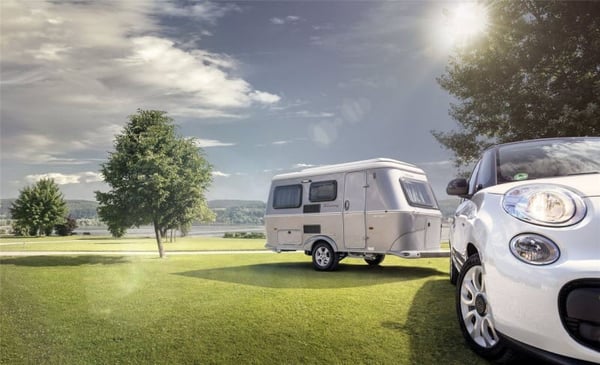
Camping earned a name for itself as a quintessential Kiwi holiday activity way back in the mid 1900s. Families would pack up their tents and camping gear and head somewhere scenic for the summer. In the 1970s, many families traded their tent for a caravan which they hitched up to the family car. Caravanning became a more luxurious but still affordable family holiday.
The range of caravans available in New Zealand grew offering consumers plenty of options. In the 1990s, some caravan manufacturers pivoted to motorhome manufacture. Kiwi holidaymakers and international visitors began to embrace exploring New Zealand by motorhome. Today, motorhomes are the most popular option with a growing range of motorhome models and layouts available.

Cost is usually top of the list for most people when they’re thinking about which motorhome is best suited to them, so it makes sense to ask the question, “Should I buy second-hand and save upfront, or pay more now and enjoy the benefits of an unused vehicle?”
“Price is a key consideration for buyers and this is usually what steers them toward either new or used,” says Wilderness Motorhomes (formerly SmartRV) marketing director Mary Hamilton. “But this does need to be balanced out by other key factors such as layout suitability, ongoing costs, and overall quality.”
“If you look at the market as a whole in New Zealand, there is a bigger market for used than for new. And of course, the market is experiencing unprecedented demand right now due to people not being able to travel internationally.”
Mary says that Wilderness Motorhomes, who sell both new and ex-rental motorhomes, do sell more new than used vehicles, but that’s more to do with supply. “With used sales, we sell only what’s coming off our rental fleet, but we could sell a lot more secondhand if we had them available.”

While motorhome insurance is similar to car insurance, there are a few things worth getting clued up on before choosing a provider for your shiny new motorhome. We’ve created this ultimate guide to motorhome owners’ insurance to help you better understand motorhome insurance so that you can choose the best provider and policy for you and your circumstances.
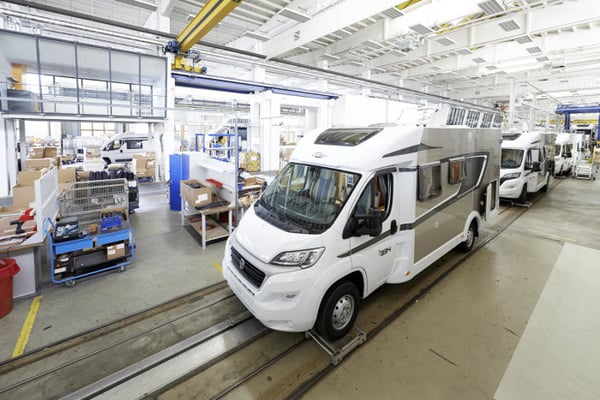
Finding the right motorhome for your adventures can be tricky with all the different brands, specifications, features and layouts to choose from. In this article we’re touching on German vs New Zealand made motorhomes and taking a closer look at some of their key differences.
Europe is the world’s biggest market for motorhomes, but not every European motorhome is made to the same high standards. Within Europe, several German brands have built a global reputation for innovative design and exceptional comfort and reliability. The Erwin Hymer Group alone accounted for 26% of motorhome and caravan sales in Europe in 2019/20. They’re proven market leaders with a host of industry awards under their belt. Their brands Carado, Bürstner and HYMER are for sale in New Zealand at Wilderness.
New Zealand manufacturers primarily produce motorhomes for the rental market, but there are several companies, such as TrailLite and the ALM Group, that make off-the-shelf motorhomes for the retail market. In addition to supplying its rental brands, Action Motorhomes also builds for the retail market. TrailLite has been in business for over 60 years and Action Motorhomes can draw on over 70 years of experience.
Here’s what you need to know to work out whether a German or New Zealand made motorhome better suits your lifestyle.

There are few topics that get motorhomers more animated than the question of whether owning a motorhome with an offside habitation door is a good idea or not. When European motorhomes were first imported into New Zealand around 2010, many motorhomers were concerned that having the habitation door on the offside was an accident waiting to happen. More than ten years later, these motorhomes are now mainstream and the safety concerns seem to have lessened.
In this article, we take a look at why motorhomes with offside doors are imported, address the safety and legality issues and weigh up the pros and cons of an offside entry door.

Motorhome ownership gives you the fantastic opportunity to take to the road any time. Understanding motorhome weight and its implications is key to ensuring that each motorhome trip you take is as safe as it is enjoyable.
We’ve noticed that most first time buyers rarely consider motorhome weight. In our experience, their focus is on the layout and the more superficial aspects of the vehicle. However, buyers that return to purchase their second or third motorhome almost always have thought about the factors that influence how they can use their motorhome including weight. That’s usually because they have discovered that their first motorhome didn’t have sufficient payload to carry all the extras that they want to take with them.
We’ve created this article to help you understand why motorhome weight matters and how you can enjoy your motorhome while keeping its weight under the legal limits. In this article, we’ll explain weight terminology, help you understand how to factor weight into your motorhome purchase decision, give you tips on how to avoid overloading your motorhome, and show you how to increase your payload or carrying capacity.
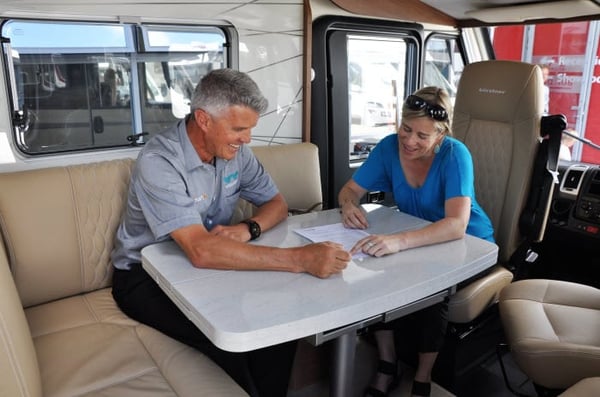
Apart from the purchase of a house, for many people the purchase a motorhome is likely to be their most expensive outlay. For this reason alone, it’s good to have an understanding of the purchase process, one that usually goes from “just looking” to actually signing on the dotted line.
Although buying a car is a similar procedure, there are some differences to consider.
Contents New Motorhome Purchase Used Motorhome from a Dealer Private Sale …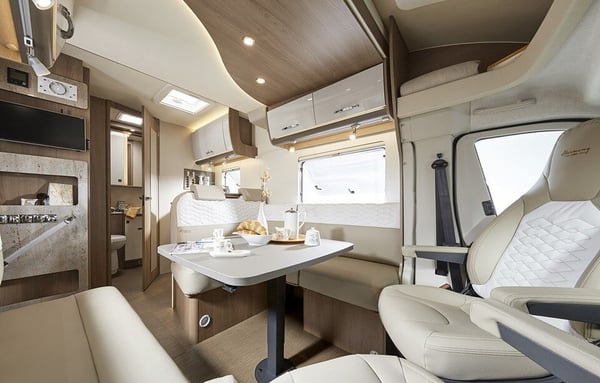
| Contents |
Deciding to buy an RV is the first step towards a life of exciting adventures and freedom on the road. Many factors will influence the price of a motorhome and it’s important to understand these
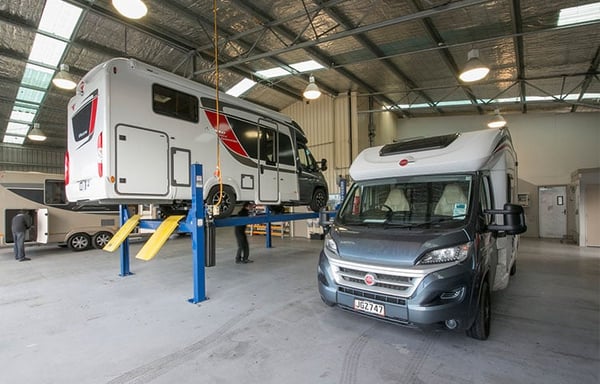
| Contents |
For many motorhome buyers, checking warranty cover is at the bottom of the checklist after details like engine, chassis, or interior touches.

A week touring New Zealand in our Carado T449 sold iMotorhome reviewer Richard Robertson on intelligent European design philosophy and dismantled many preconceptions he had about layout, kitchens and right-side entry doors.
A week touring New Zealand in our Carado T449 sold iMotorhome reviewer …

